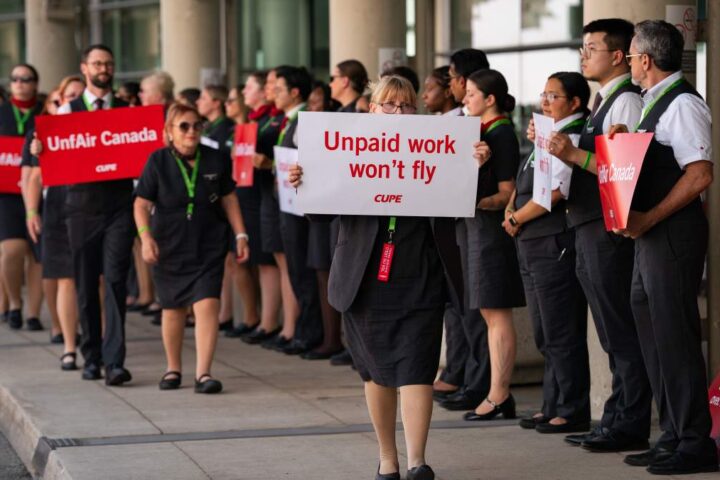India’s easing of restrictions on rice exports has been welcomed by South Africa’s importers.
According to the latest reports, importers in South Africa have welcomed and embraced India’s decision to ease restrictions on rice exports. Last month, the Indian government withdrew a blanket ban on overseas shipments of non-basmati white rice. The country imposed a floor price of USD 490 per tonne and exempted the commodity from export duty.
“India is the next biggest exporter of rice to South Africa.”
From July 20, 2023, non-basmati rice exports were banned to boost domestic supply. Pranav Thakkar of Dev International, one of the biggest importers of Indian products to South Africa, said, “It’s welcoming news for all the importers like us, as South Africa imports roughly 10 million tonnes of rice every year. After Thailand and Vietnam, which account for 70 per cent of imports of rice in South Africa, India is the next biggest exporter of rice to South Africa.”
The move will increase India’s exports.
Pranav Thakkar continued, “This will increase India’s exports and cater for the demands and needs of southern African countries. As soon as the news came in, we already have put in our orders, and containers are on their way.”
Global markets were impacted with the exporting ban.
Global markets were impacted with the ban in 2023, but Thakkar says that lifting the ban of exports of short-grain rice and white rice has also impacted global markets with prices already beginning to decline, concluding, “This will coincide with new harvesting crops of paddy from October/November in India.” Short-grain rice is sold for the masses in South African markets and re-exported to neighboring countries.
After the ban’s lifting, he says that the prices of India-specific rice types, which had reached higher prices of basmati rice last year, will now descend to normal. Agreeing with the same was Wandile Sihlobo, Chief Economist at the South African Agricultural Business Chamber, who said, “Global rice prices have softened notably in recent weeks because of expected ample global supplies. The news that India is likely to ease rice export restrictions as supply increases and that its elections have concluded has perhaps also helped.”















